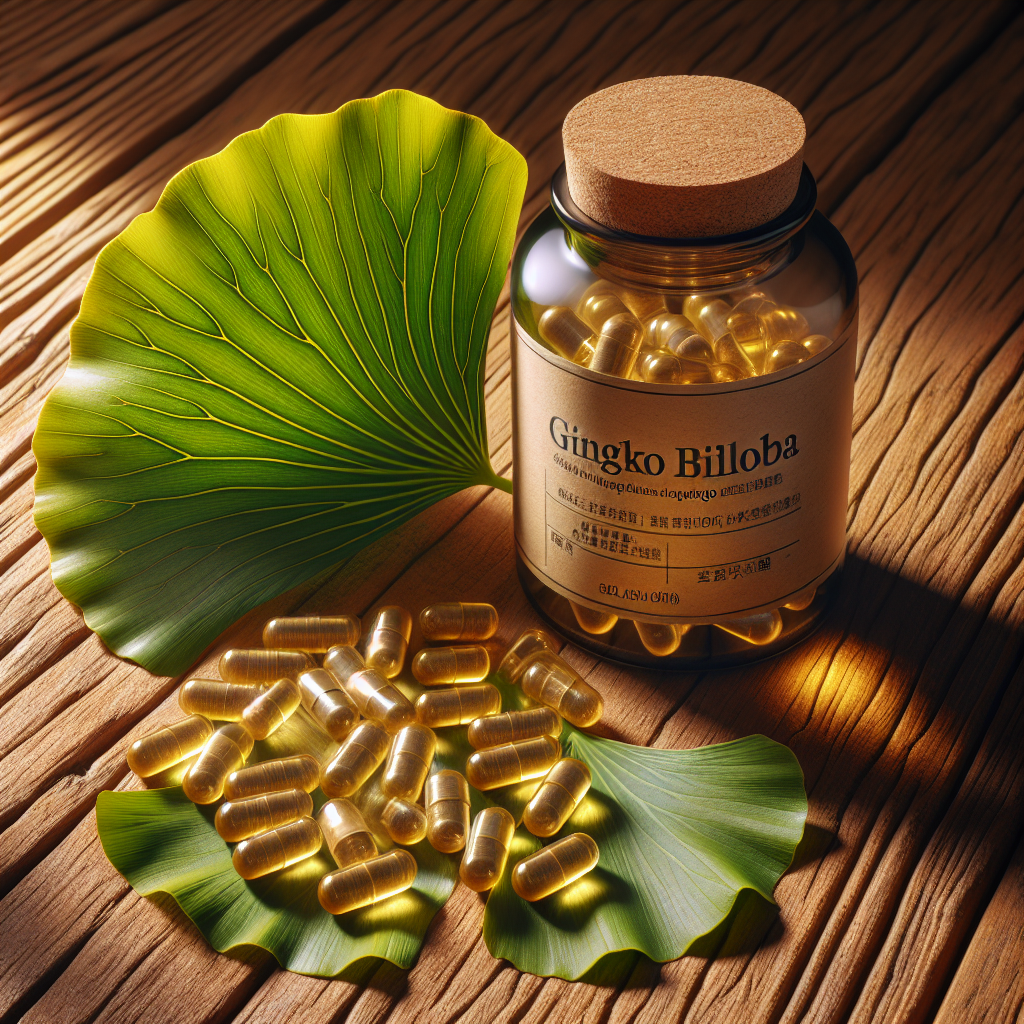Supplements, Vitamins, and Home Remedies for Better Health and Healing
In a world increasingly focused on wellness and preventive care, the role of supplements, vitamins, and home remedies plays a crucial part in promoting optimal health and facilitating healing. This blog explores these elements and provides insights into their benefits, usage, and effectiveness.
Understanding Supplements
Supplements are products designed to enhance overall health and fill nutritional gaps. They come in various forms, including pills, powders, liquids, and bars. Here’s what to consider when incorporating them into your routine:
- Types of Supplements: These include vitamins, minerals, herbs, amino acids, and fatty acids.
- Quality Matters: Always choose high-quality products from reputable brands to ensure safety and efficacy.
- Consultation: It is advisable to consult a healthcare professional before starting any supplement, especially if you have pre-existing conditions or are on medication.
Popular Supplements and Their Benefits
While there are countless supplements available, here are a few that have garnered significant attention for their health benefits:
- Omega-3 Fatty Acids: Beneficial for heart health, inflammation reduction, and brain function.
- Vitamin D: Vital for bone health and immune function, often acquired through sunlight exposure.
- Probiotics: Supports digestive health and balances gut bacteria.
The Importance of Vitamins
Vitamins are organic compounds essential for various metabolic processes in the body. They enhance health, support the immune system, and contribute to overall vitality. Here’s how to optimize vitamin intake:
- Diverse Diet: Consuming a balanced diet rich in fruits, vegetables, whole grains, and lean proteins is one of the best ways to obtain necessary vitamins.
- Targeted Supplementation: Certain vitamins, such as C, B12, and E, may require additional supplementation based on your health needs.
- Monitor Levels: Regular checks can identify deficiencies that may necessitate dietary adjustments or supplements.
Key Vitamins and Their Functions
The following vitamins are particularly important for maintaining health:
- Vitamin C: An antioxidant that aids in collagen synthesis and boosts the immune system.
- B Vitamins: Essential for energy metabolism and maintaining nerve function.
- Vitamin A: Supports vision, immune function, and cellular communication.
Home Remedies for Everyday Health
Home remedies, often rooted in traditional practices, offer natural alternatives to pharmaceuticals. They can be particularly effective for minor ailments and preventive care. Here are knowledge points on effective home remedies:
- Herbal Teas: Chamomile and ginger teas can aid in digestion and relaxation.
- Honey: Known for its antibacterial properties, honey is often used in soothing throat irritation.
- Turmeric: This spice possesses anti-inflammatory properties beneficial for joint health.
Implementing Home Remedies
To effectively use home remedies:
- Research First: Understand the efficacy and safety of the remedy you plan to use.
- Combine with Other Modalities: These remedies can complement professional medical treatment but should not replace it entirely.
- Personalize Approaches: Track what works best for your body and health needs.
Conclusion
Incorporating supplements, vitamins, and home remedies into your health regimen can significantly enhance your overall well-being. However, it is essential to approach these tools with knowledge and care. By consulting healthcare professionals and tailoring your approach to suit your unique needs, you can effectively leverage these resources for a healthier, more vibrant life.
Ultimately, understanding the role each plays in your health can empower you to take proactive steps towards maintaining your well-being and healing.
There you have it… See what works for you…
Campbell M Gold
To Create Health, Wealth, Success, and Longevity through the Power of Your Subconscious Mind, Visit: Campbell M Gold.com
Visit The Store and see what else can be of help





















